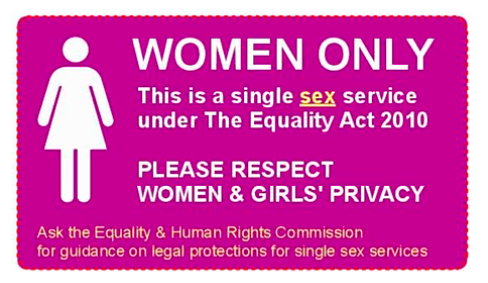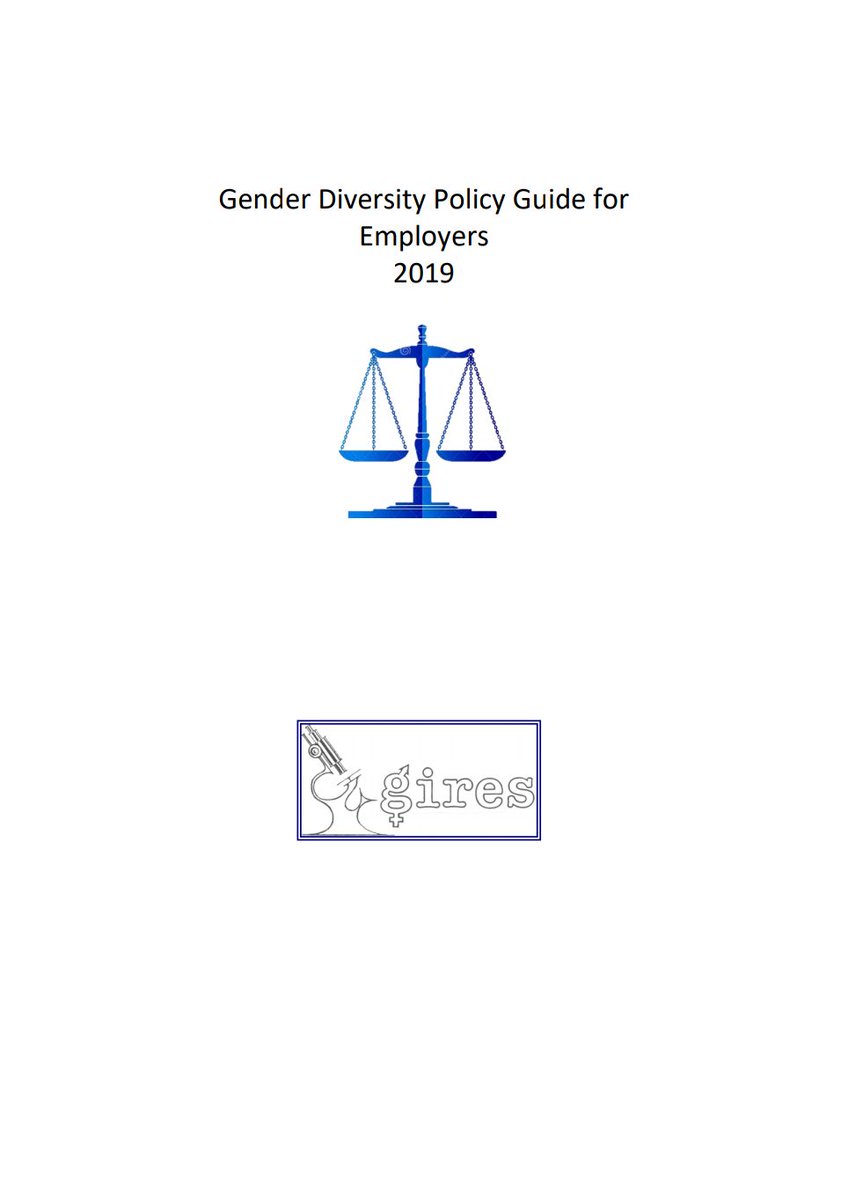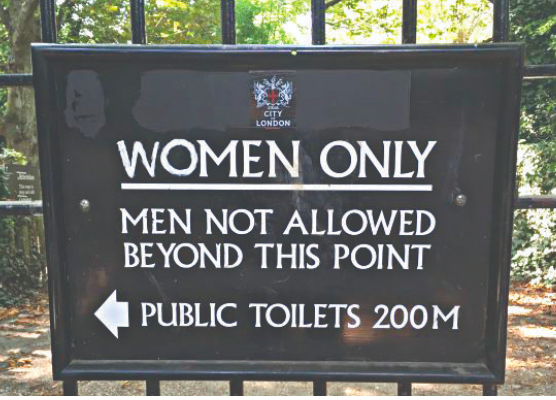This paper by Julius Komorowski @podslaw in the @Lawscot Journal is really very useful.
lawscot.org.uk/members/journa…

threadreaderapp.com/thread/1082599…
It was a 'forced choice' problem - a police officer has to be able to search either male or female suspects
[Me: nevertheless the language of visually indistinguishable etc... found its way into the EHRC Code of Practice]
Julius considers 4 options
1) Natural sex, w GRC holders an exception
2) Visual appearance "being “for all practical purposes” indistinguishable
3) Natural sex with s7 gender reassignment as exception ("=self ID")
4) Natural sex - no exception
This is what @EHRC also say in their 2018 clarification equalityhumanrights.com/en/our-work/ne…
(@AllianceLGB would agree with this but @stonewalluk would not. Stonewall says men can become lesbians)
"the exclusion of trans persons legally of the opposite sex is not simply permissible but a necessary part of the statutory scheme."
A) GRC holders from services for their acquired sex (e.g. MtF GRC holders from female services).
B) Transsexuals from services for their original sex (e.g. passing FtM from female services).
It suggests that the @EHRC guidance on "case by case" & allowing people in based on "the gender role they present" is wrong and not in line with EqA.











